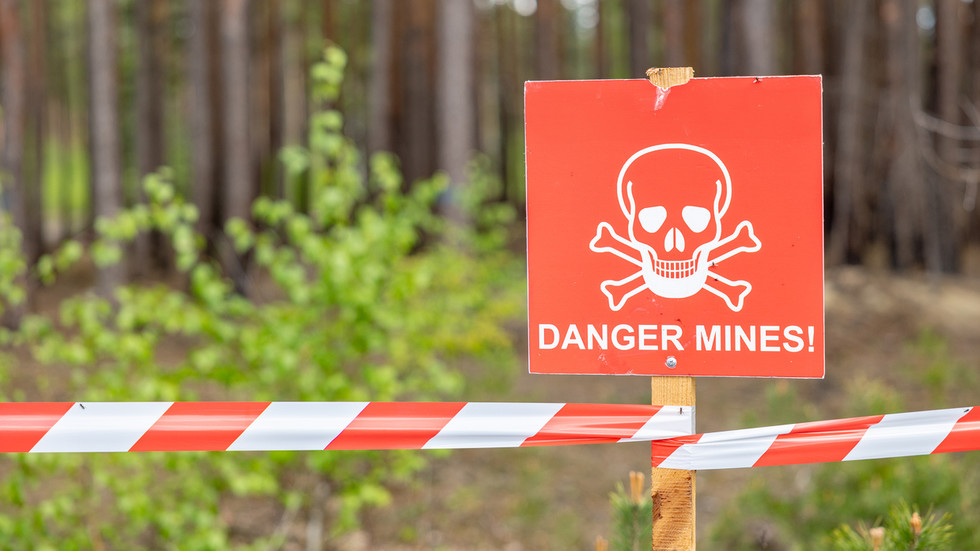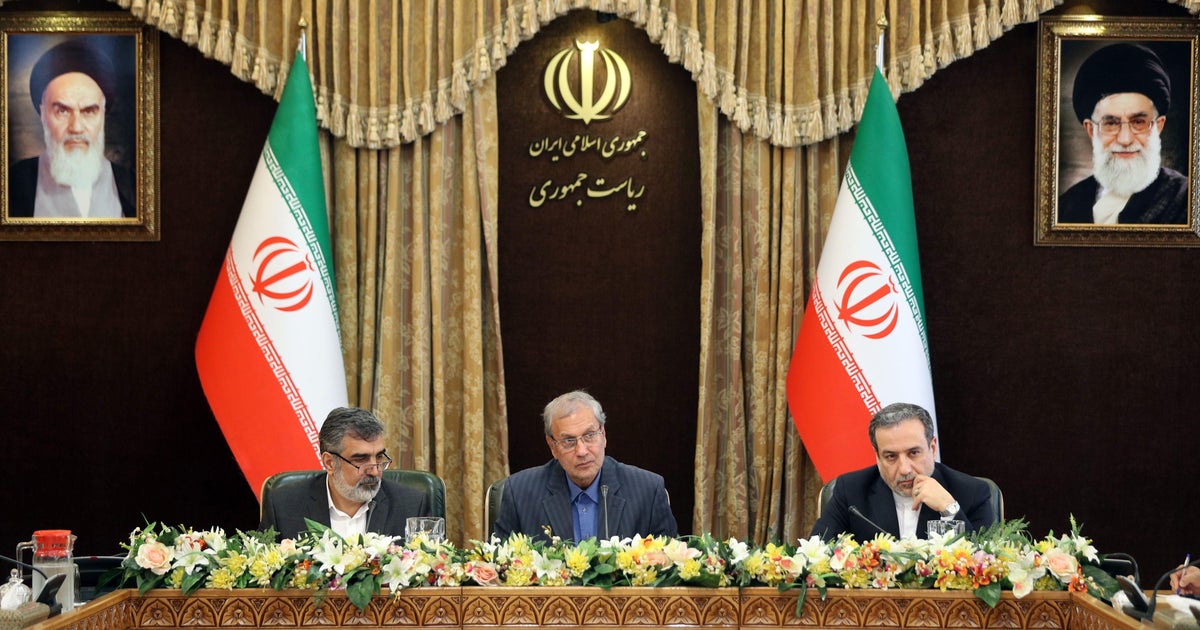
French Polynesia announced the creation of the world’s largest Marine Protected Area (MPA), at the U.N. Ocean Conference in France on Monday. The MPA will cover the entirety of the country’s exclusive economic zone (EEZ), almost 5 million square kilometers (more than 1.9 million square miles) and will restrict extractive practices like deep-sea mining and bottom-trawling, a destructive type of fishing that drags large nets along the seafloor. Of that 5 million, 1.1 million square kilometers (424,712 square miles) will be designated as a highly or fully protected area, known as class 1 and 2, where only traditional coastal fishing, ecotourism, and scientific exploration, will be allowed. The government has also pledged to add an additional 500,000 square kilometers (193, 051 square miles) to the highly protected area by World Ocean Day 2026.
[time-brightcove not-tgx=”true”]“We have been managing this EEZ wisely for centuries, using the techniques that were passed on from the generations before us and our ancestors,” French Polynesia’s President, Moetai Brotherson, told TIME. “But now we wanted to take a bold step to be in line with the international standards of the [International Union for Conservation of Nature] IUCN.”
IUCN standards for MPAs require the area to include, among other things, defined goals and objectives for conservation along with ensuring the resources and capacity to effectively implement. Research has shown that MPAs help marine animals recover within their boundaries, and could prove a useful tool for supporting climate change adaptation and mitigation.
Read more: Fishing Communities in the Philippines Are Fighting for their Future as Waters Rise
French Polynesia has been steadfast in its efforts to conserve its exclusive economic zone. In 2018, the country announced that it would classify the entirety of its EEZ as a Managed Marine Area. This announcement, Brotherson says, builds on those efforts by increasing the level of conservation. “There were some measures of protection that didn’t match the [IUCN] standards,” Brotherson says. “So we upgraded our local regulation to match all the standards of the IUCN.”
“This is an extraordinary achievement and a globally significant contribution to the protection of our One Ocean,” Grethel Aguilar, IUCN Director General, said in a statement. “By prioritizing biodiversity, traditional knowledge, and future generations, French Polynesia has set a new standard for leadership in marine conservation. These commitments show that small Island territories can have a massive impact on global sustainability.”
But much remains to be done. Research from Dynamic Planet and National Geographic Pristine Seas found that 85 new marine protected areas would need to be created from now until 2030 in order to meet the goal of protecting 30% of the oceans by 2030, as set by the High Ambition Coalition for Nature and People in 2020 and signed by over 100 countries. So far, only 8.3% of the ocean is currently protected as MPAs.
Read more: One Man’s Quest to Heal the Oceans—And Maybe Save the World
Ahead of the U.N. Ocean Conference, Samoa also announced that it would protect 30% of its national waters, an area roughly the size of Taiwan. Small island nations, Brotherson says, should be on the frontlines when it comes to ocean protection. “[Island nations] EEZs account for 7% of all the ocean surface, but we have only 0.1% of the total GDP in the world,” he says. “We don’t have the financial means that match the responsibility that we have towards the ocean.”
But Brotherson notes that international cooperation is essential to ensure protections are enacted. “It’s very important to us that big countries, big players, large NGOs, can help us implement the measures that we vote [on],” he says. “Because it’s one thing to pass a law. It’s another story to make sure that it is respected.”
Read more from TIME’s Ocean Issue
The World Isn’t Valuing Oceans Properly
‘Ignorance’ Is the Most Pressing Issue Facing Ocean Conservation, Says Sylvia Earle
Meet the Marine Biologist Working to Protect Our Oceans from Deep-Sea Mining











 English (US) ·
English (US) ·